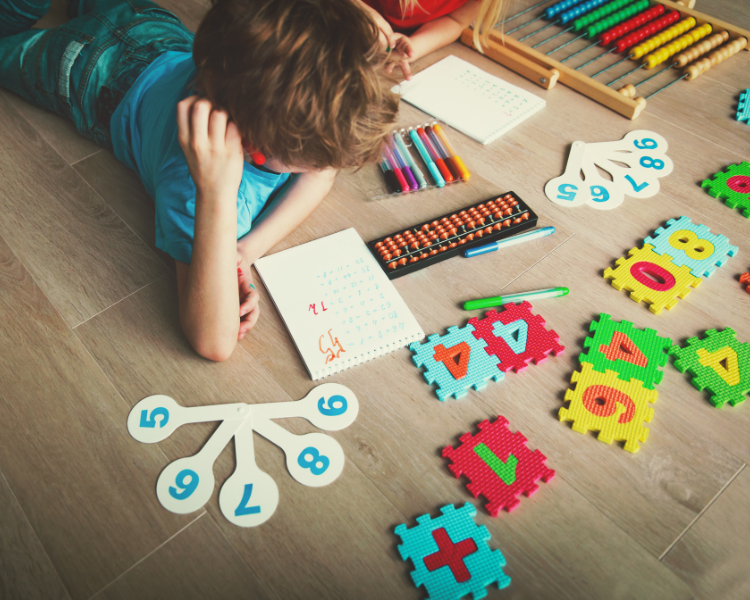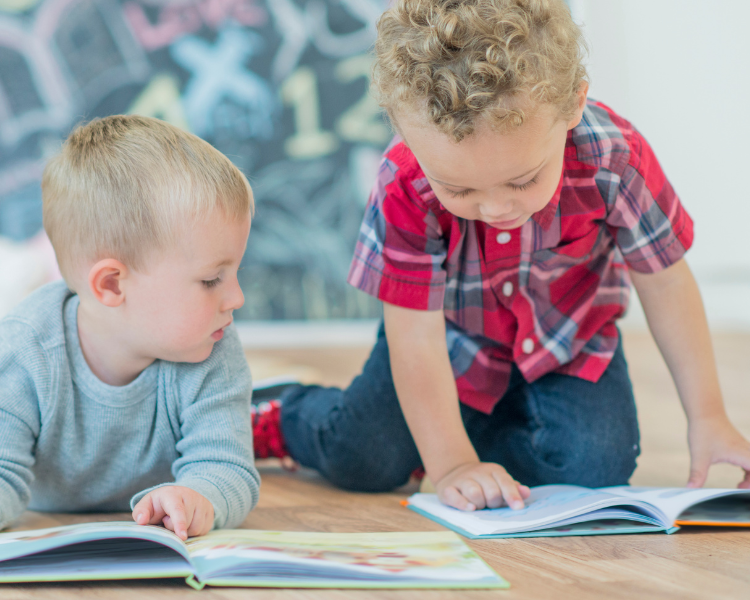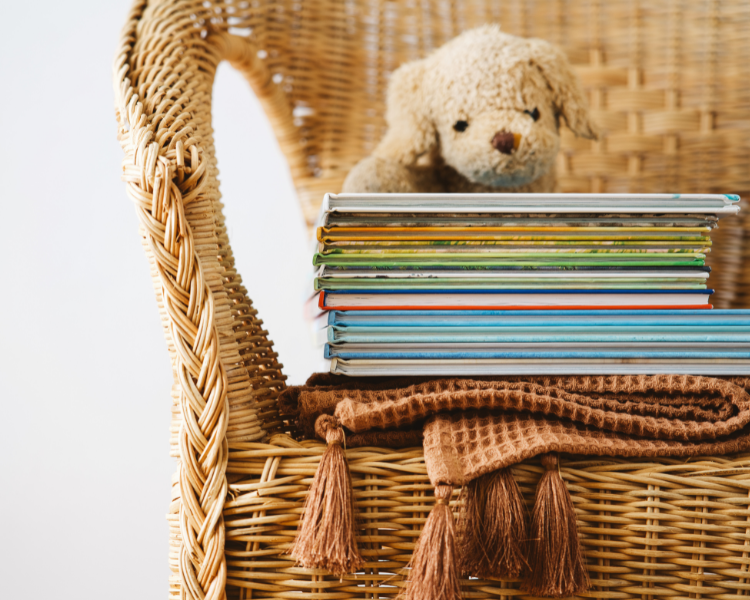Our goal at Meridian Library District is to help build strong readers by supporting caregivers and children while developing early literacy practices. It is never too early to start reading and learning with your child. Many simple activities help early learners develop the skills needed to become readers and writers. Whether you are visiting library programs or working on literacy skills at home, we are here to help support your child's reading journey.
Five areas that are essential to early literacy practices include reading, writing, talking, singing, and playing. Counting skills also attribute to early literacy development. We've gathered some tips to support you in building your child's literacy development and love of reading!
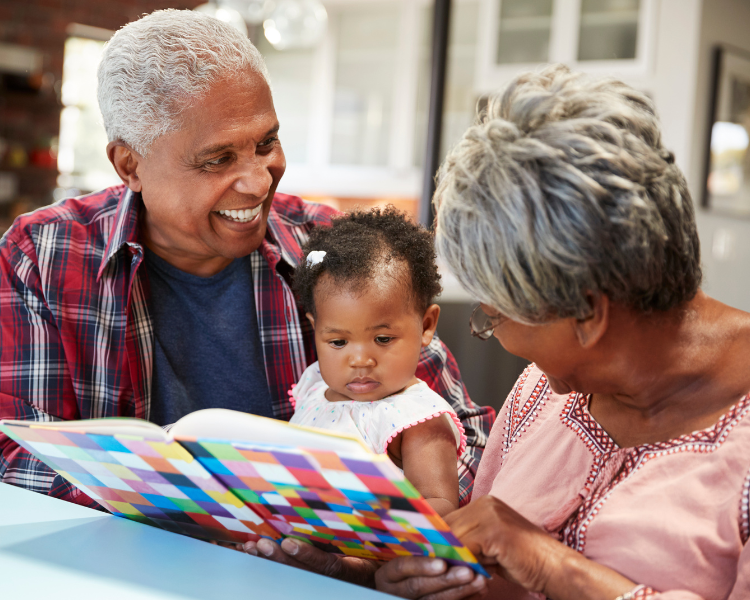
It's A Literacy Skill: Read
Shared reading is the best way to help children get ready to read. Reading together and talking about what you read helps children increase their vocabulary and background knowledge, learn how books work, but also helps children develop a love of reading.
Skill Building Activities:
- Read all different genres!
- Let your child select what books they would like to read!
- Ask your child to retell the story to you!
- Do not be afraid to let babies handle the books too!
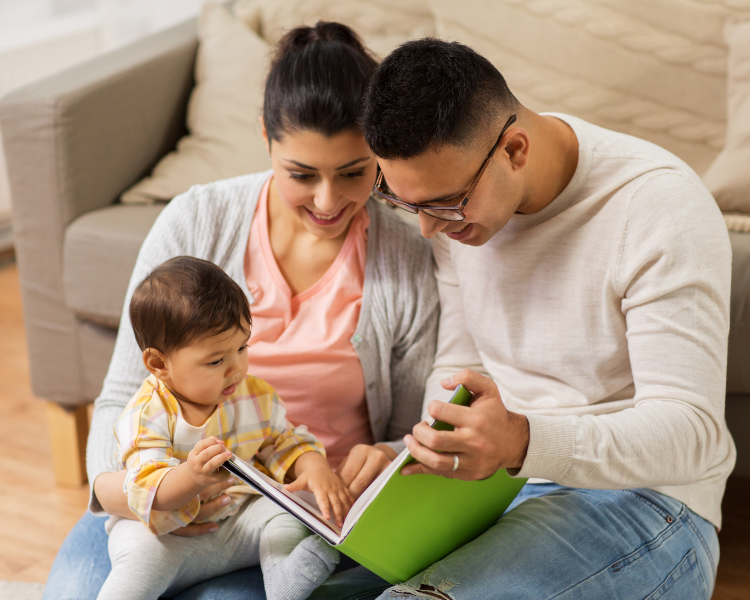
It's A Literacy Skill: Write
Both reading and writing are ways to represent spoken words and to tell stories or communicate. When children are given a chance to explore making marks, scribbling, drawing pictures, and telling stories, they are practicing reading skills. They have a chance to feel connected to print in a different way than when they are listening to a story!
Skill Building Activities:
- Practice making scribbles!
- Model writing for your child: make lists, show them letters!
- Ask your child to tell you about what they have drawn!
- Draw and decorate letters in the alphabet!
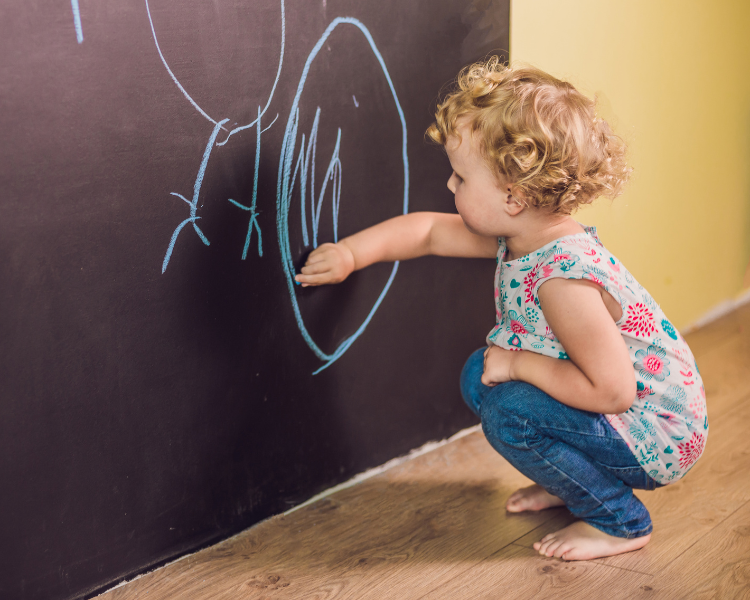
It's A Literacy Skill: Sing
Songs help children develop listening skills, pay attention to rhymes and rhythms, and understand sentence structure. Singing also slows down language so children can hear the different sounds that make up words. This helps children expand their vocabulary when they begin to read.
Skill Building Activities:
- Don't be afraid to sing!
- Use the Rhymes and Songs section at the library!
- Teach new words with a song!
- Turn a nighttime routine into music!
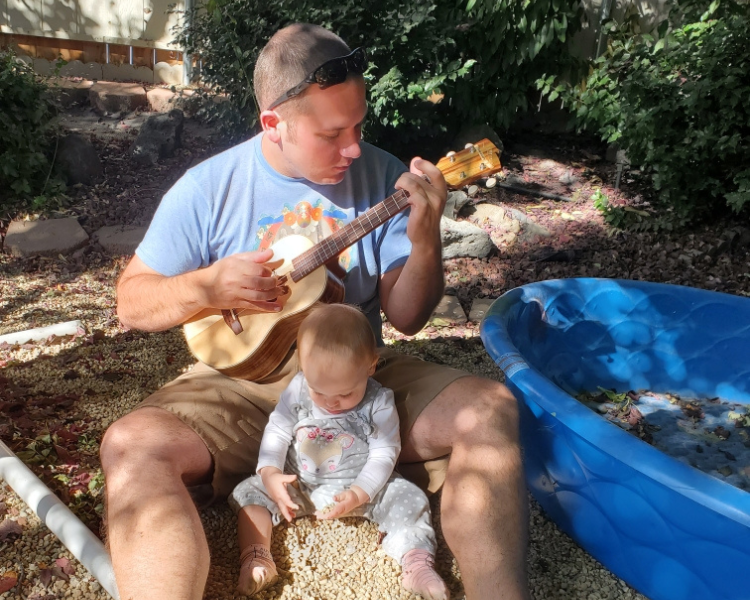
It's A Literacy Skill: Talk
Children learn language and other early literacy skills by listening to adults talk. As children listen to spoken language, they learn new words and what they mean while gaining important general knowledge about the world around them. This knowledge will help children understand the meaning of what they read and make new connections.
Skill Building Activities:
- Point out street signs!
- Name letters every where!
- Slow down speech!
- Ask open ended questions!

It's A Literacy Skill: Play
Through play, especially pretend and dramatic play, children learn about language. When children pretend, they’re thinking symbolically. This helps them understand that spoken and written words can stand for real objects and experiences. Play helps children to express themselves and put thoughts into words and practice narrative skills like sequencing.
Skill Building Activities:
- Engage in active play!
- Use a variety of different objects during playtime!
- Ask questions about what your child is doing!
- Use play time to teach new words and build vocabulary!
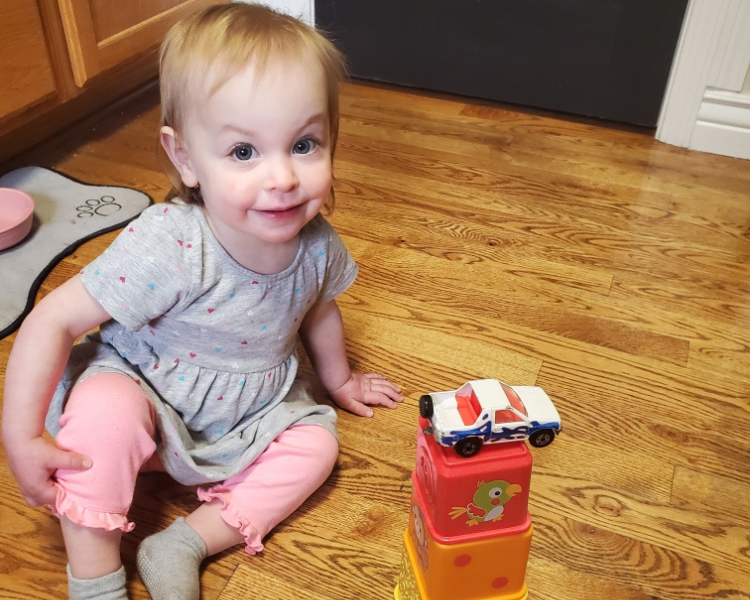
It's A Literacy Skill: Count
Children develop math concepts and skills very early in life. From birth, babies form ideas about math through everyday experiences. Language, how we talk with infants and toddlers about math ideas, matters. Counting is matching words learned in a particular order to objects. Learning the words is like learning a poem or song; it is a linguistic act, not a mathematical one.
Skill Building Activities:
- Count objects all around your home!
- Talk math in your everyday routine!
- Turn numbers 1-10 into a song!
- Gather and count objects at home or at the park!
